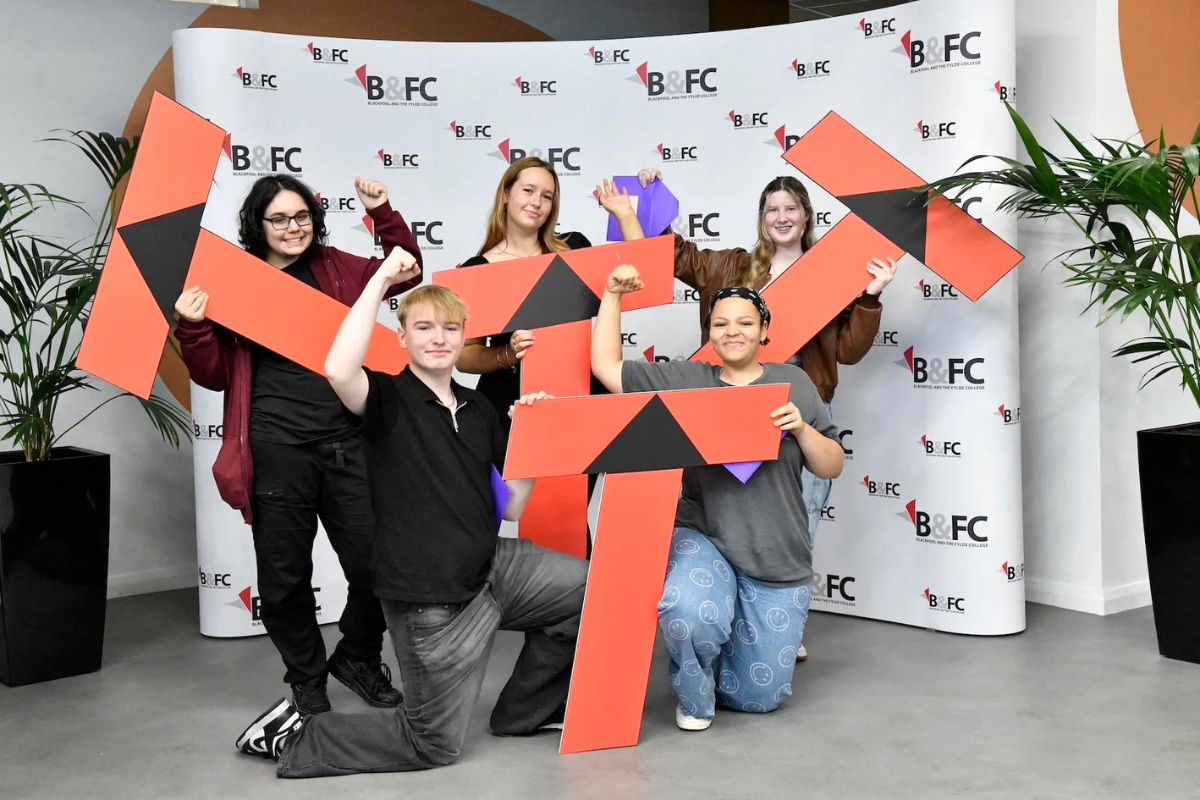How to Boost your Productivity at Work

Whether it’s the hot weather draining your energy, the memories of your summer holidays or your ‘to do’ list growing ever-longer, keeping motivated at work can be a tricky business. But being productive can be important for a number of reasons; from job satisfaction to keeping the boss happy, ploughing your way through the workload is a fundamental part of the job.
So here are our handy tips to improve productivity at work.
1. Be efficient
Just about every successful leader of the 21stCentury has preached the importance of efficiency. From Roald Dahl to Albert Einstein and other prominent figures, avoiding expending energy unnecessarily is key to getting the job done correctly and quickly.
Convoluted processes not only waste time but alsocan irritate and frustrate employees. Simplifying procedures, consulting with your staff and ensuring everyone is familiar with the methods will mean tasks get completed quickly and with minimal fuss.
2. Get the right equipment
If the staff don’t have the correct tools then carrying out tasks to a satisfactory level will be difficult, if not impossible. Of course, the correct tools will be specific to respective work places but in an office environment providing ergonomic chairs can make a real difference. There may be a significant cost, particularly for large offices but if staff members arecomfortable at their desk they’re more likely to be productive. It also demonstrates to employees that their employers take an interest in their personal wellbeing.
In an environment that requires staff to be standing for long periods, then investing in anti-fatigue matscould be an option. These reduce aches and pains that can arise when standing for long periods as well as reducing the trip hazards at employee work stations. An independent study performed by CobaEurope found that 44% of those who used anti-fatigue matting considered it to have a direct impact on increased productivity levels.
3. Take regular breaks
Taking a break away from your workstation might seem counter-intuitive to boost productivity but research shows it can actually improve concentration. There’s also the added bonus of reducing the risk of repetitive strain injury (RSI) and damage to eyesight.
You should encourage staff to take regular short breaks and provide a breakout area where people can sit, have a drink and take their mind off the job at hand for a moment.
4. Reduce distractions
In a world of connectivity, such as the one we live in, you’re never far away from a distraction. Whether it’s an email, social media, an advert trying to tempt you to part with your hard earned cash or something else, there’s a minefield of disruptions waiting to draw you in. When working on a project or something that requires high levels of concentration turn your phone off (or at least on to silent and out of reach), close down the application you use to receive emails and concentrate solely on the job you’re doing. If you work in a busy environment you might want to consider using earphones to listen to music or, if you find that a distraction too, ear plugs to dampen the ambient sounds.
In an office environment the scourge of unnecessary meetings can run rampant. Keep these to a minimum and, before agreeing to attend, make sure a concise agenda has been drawn up. Don’t waste valuable minutes at the start talking about personal issues and make sure you leave the meeting with a clear list of outcomes. Standing meetings, whilst slightly unorthodox, can be more inclusive and usually result in shorter meeting times.
5. Keep the team happy
A happy workforce is a productive one. You can contribute to this by incentivising staff with prizes and rewards. They don’t always have to be expensive; sometimes just publically recognising an employee’s achievements can go a long way. Other popular methods include rewarding accomplishments with cash, additional holiday or other treats.
So, now you know how to get the most of your time at work to ensure you do more than just ‘bring home the bacon’ each month.











Responses